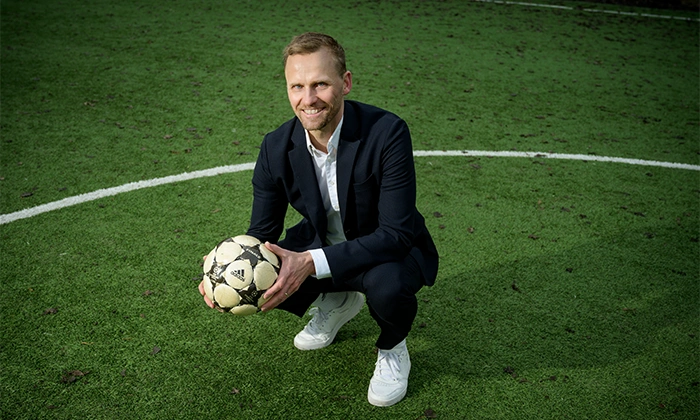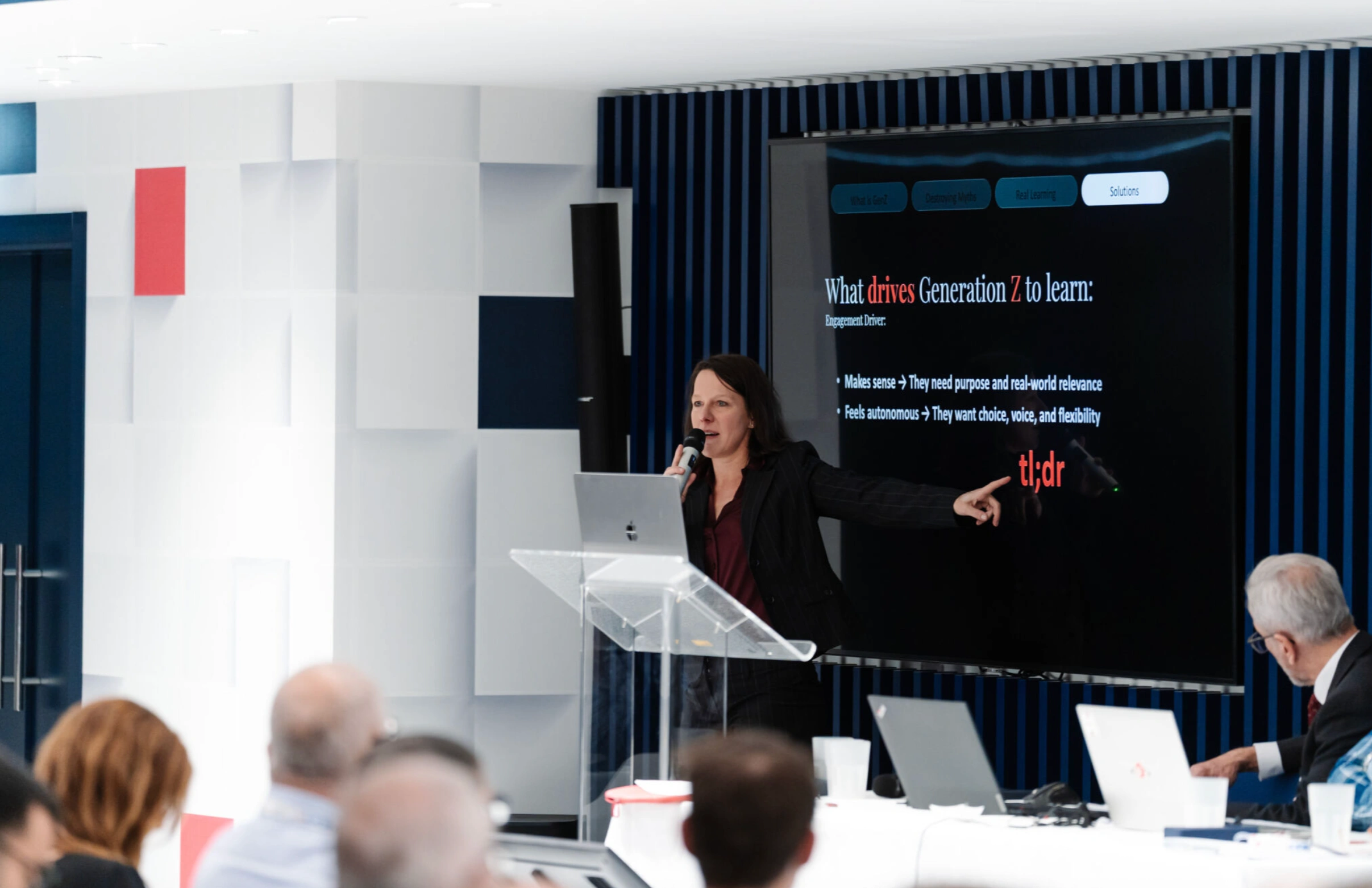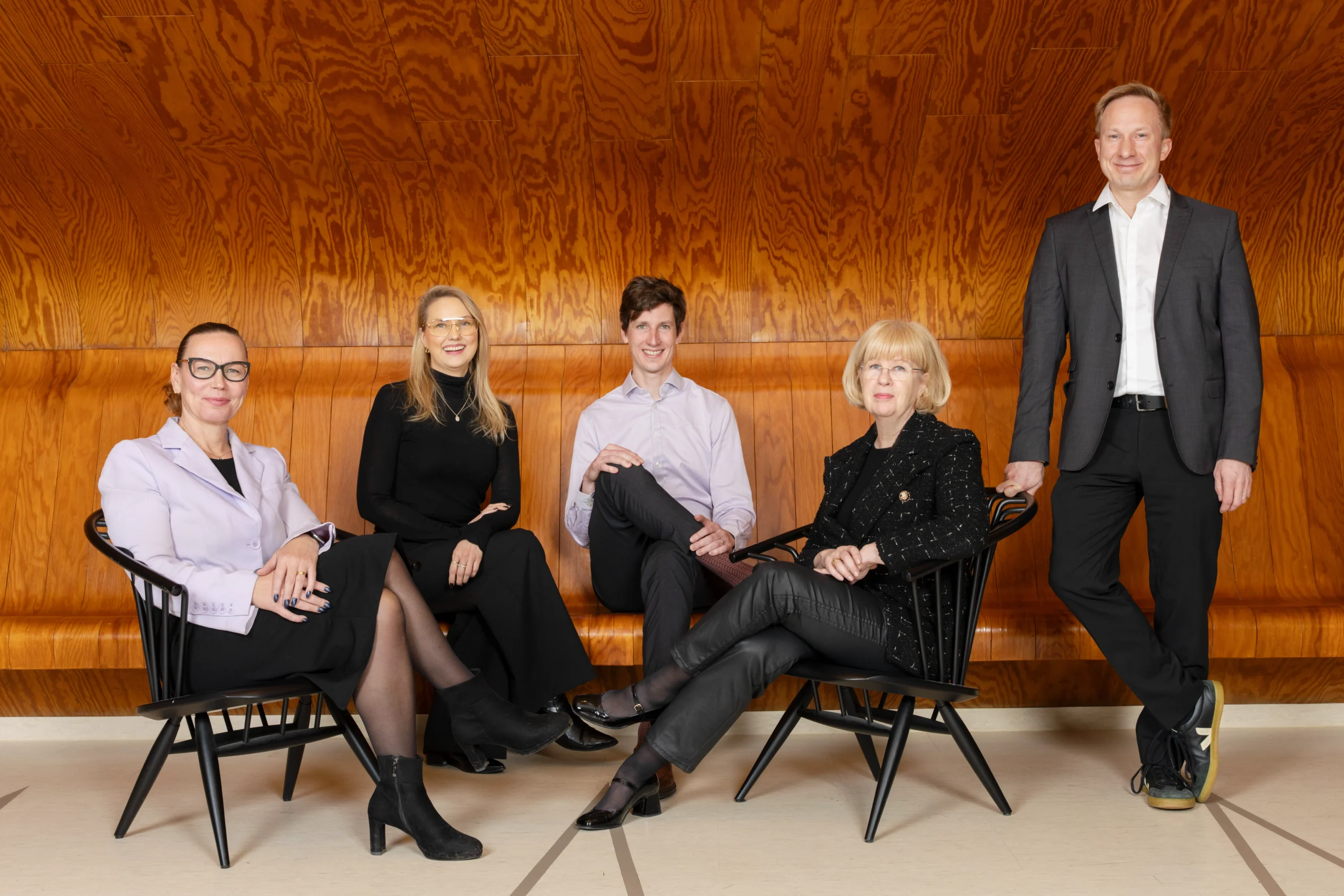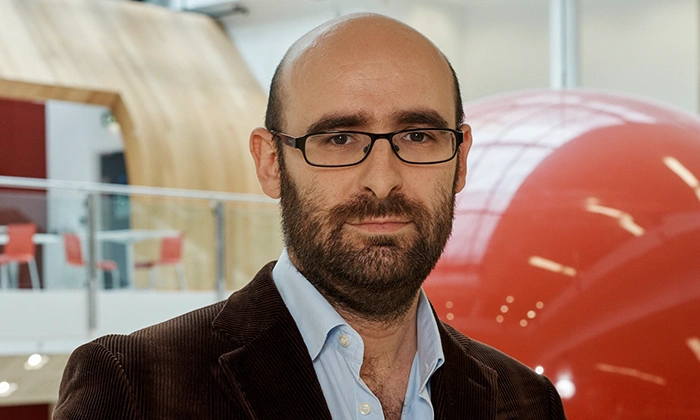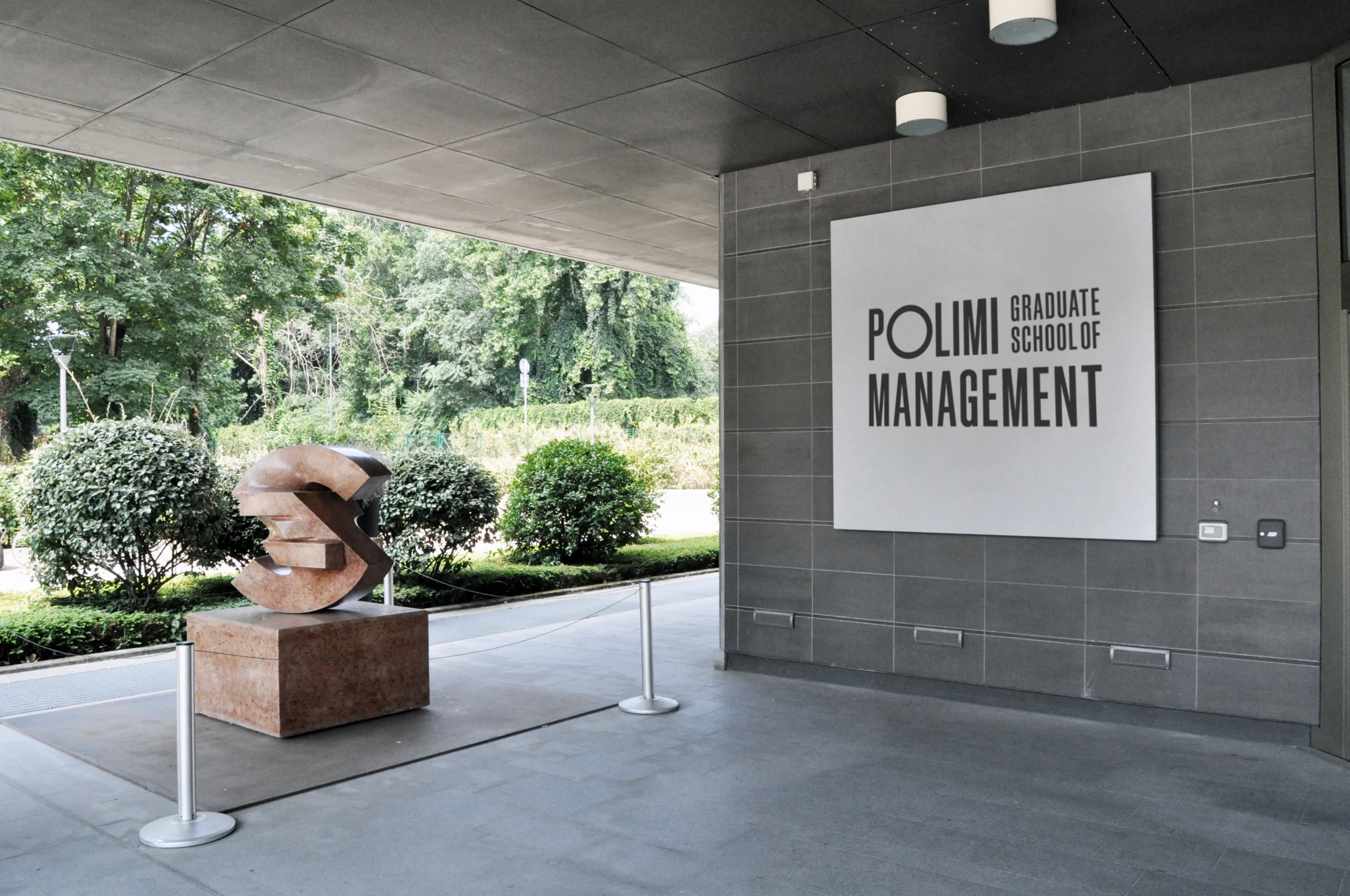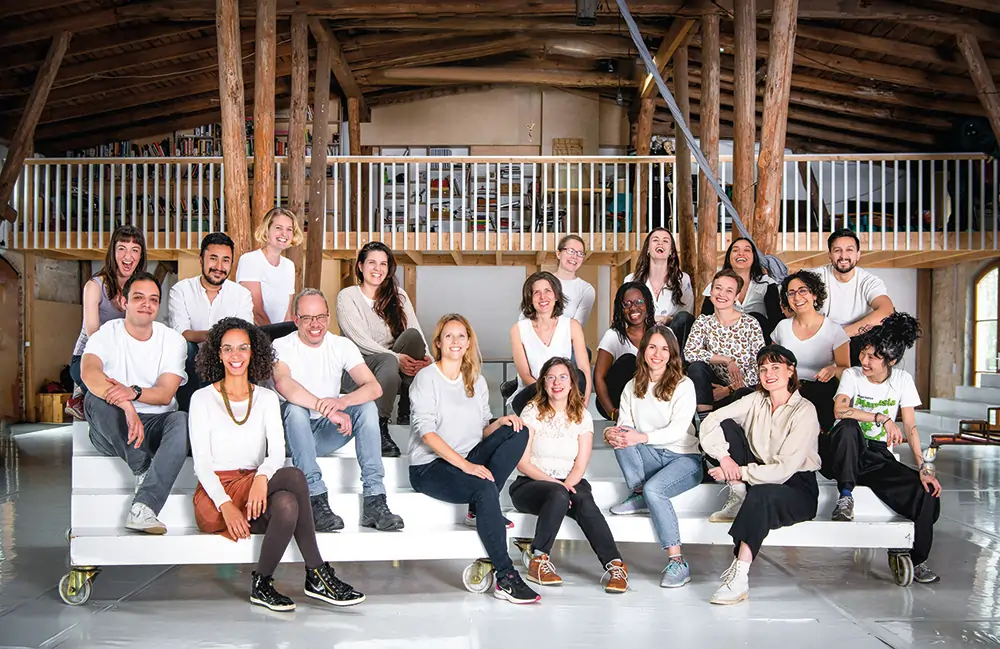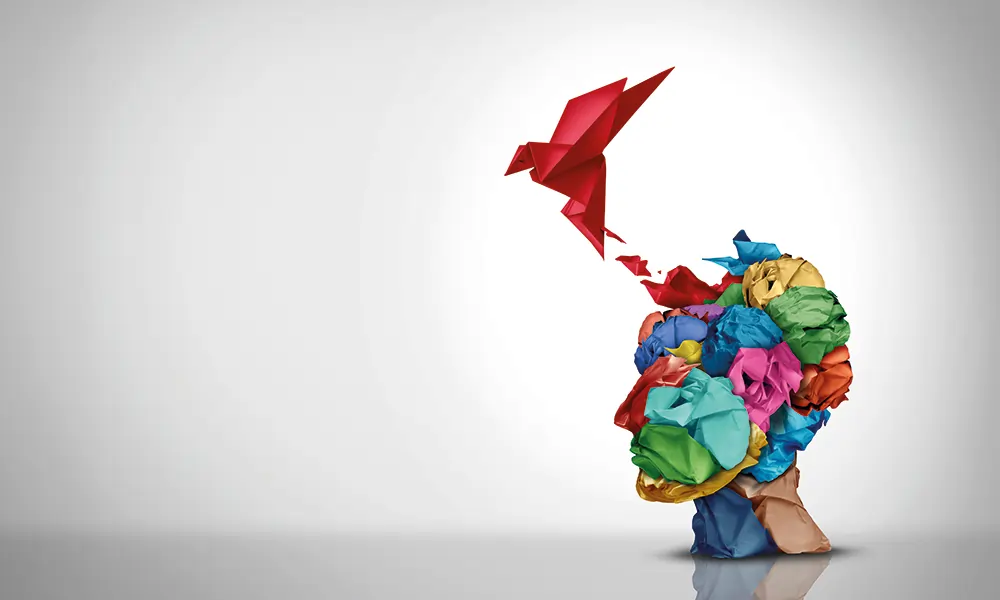Resilient Leadership: Navigating the Pressures at Work

John E. Kaye
- Published
- Executive Education, Home

As a leadership consultant working in financial services organisations for the past fifteen years, I’ve been witness to the peaks and perils of leadership in high-stress and high-change environments. What’s different about this current moment? Navigating the intense pressure at work requires resilience, but this time of change is special – it also requires leaders to take a step back, to engage our most innovative and strategic thinking, and to practice a unique self-discipline that will enable us to activate our organisations for a new world.
It is in the most stressful moments that leaders are most important. In a crisis, others look to you for answers, for a calm mind and a strong perspective. They want to hear that they’re part of something larger than themselves, that you’ve got their back, that we’re all for one and one for all, and that we will help each other get through the crisis and potentially become stronger for it.
We’re up against some significant challenges.
In the four years after the initial SARS infections in Hong Kong, the Chinese University of Hong Kong discovered that over 40% of SARS survivors “had an active psychiatric illness, most commonly PTSD or depression.[1]” These disturbing research findings are the tip of the iceberg of what we will begin to see as a follow on to the global impact of Covid-19 which is ratcheting up levels of anxiety worldwide. Employee and consumer stress levels are high, which means performance is down and pressure on leadership is up.
As those of us that lead organisations start seeing increased pressure, stress, change and challenge at work, how do we prevent our own burnout and keep others on track, even with a new pandemic of mental health issues looming?
Put on Your Oxygen Mask First
It is an overused metaphor but a good one. Stabilise yourself first, then focus on others. This may mean taking some drastic steps to protect yourself, not just your physical health of which we are all hyperaware; but your mental wellbeing, your time, your energy and your availability as the demands on you become greater.
It takes more energy to engage in meetings when we are in a virtual environment, particularly when we are on video[2]. It also takes more communication and clarification to get things done when your team is under stress. Some simple steps to preserve yourself? Build breaks into your schedule. Rest and recuperate. Set reminders on your phone to look away from the screen. Hide your face from your own view when video conferencing. Reduce multitasking when possible. Take short stretch breaks, walks, and when possible move. Make a “to not do” list. Delegate more. Stay away from those people who drain your energy. As author William S. Burroughs famously said: “If after having been exposed to someone’s presence you feel as if you’ve lost a quart of plasma, avoid that presence. You need it like you need pernicious aneamia.”
Start Where They Are, Not Where You Are
Ongoing research into resilience at work[3] shows that at the most senior levels of organisations, leaders have greater flexibility and change-readiness than the people they lead. This is both good and bad news for those of us who are in charge.
It means that we may make assumptions that others are as comfortable with change and ambiguity as we are. We may be faster to leap to new strategies and positive messages of the future than our people are ready for, and we may miss an opportunity to acknowledge the stress of the present moment and build the trust and alignment necessary to move forward together.
Before you pivot to a new strategy or make a leap into the future, take the time for what Google researchers into productive team outcomes term “ostentatious listening[4]”. Ostentatious listening means that we demonstrate that we are listening by repeating or paraphrasing what’s been said and making eye contact. This demonstration that you’re there to listen to others builds trust and creates buy-in for the next step – shifting into a positive future vision.
Go Back to Basics
Leaders throughout history have relied on deeply held virtues or character strengths to get them through challenging times. Taking the time to take a step back and think through who you are at your best, and who you wish to be, will ground you in something solid and enduring.
Virtues transcend our differences and unify us in the very humanising pursuit finding what is best in ourselves[5]. They refocus us on what’s most important and get us out of survival-level behaviours. It may be that you want to call on your own fortitude, moderation, kindness or compassion as a daily practice. It’s deceptively simple, but a simple daily reminder of who you are and what you represent can make the difference between mediocre performance and making a powerful and positive impact as the leader you were born to be.

Written by Karlin Sloan
Karlin Sloan is a global leadership & development coach, CEO of Sloan Group International and author of new book, Inspiring Leadership for Uncertain Times.
[1] https://jamanetwork.com/journals/jamainternalmedicine/fullarticle/415378
[2] https://ideas.ted.com/zoom-fatigue-is-real-heres-why-video-calls-are-so-draining/
[3] https://www.amazon.com/LEMONADE-Leaders-Guide-Resilience-Work/dp/0985018704
[4] https://pagely.com/blog/google-team-building-process/
[5]https://www.thevirtuesproject.com
RECENT ARTICLES
-
 Hannu Tihinen on strategy, leadership, and the value of an EMBA
Hannu Tihinen on strategy, leadership, and the value of an EMBA -
 European MBAs adapt to AI as Aalto overhauls executive education
European MBAs adapt to AI as Aalto overhauls executive education -
 From dialogue to action: how emba X prepares leaders for a new era of responsible innovation
From dialogue to action: how emba X prepares leaders for a new era of responsible innovation -
 How Europe can learn faster: turning AI into safer, smarter adult training
How Europe can learn faster: turning AI into safer, smarter adult training -
 Aalto EE launches Aalto Tech EMBA to equip executives for digital transformation
Aalto EE launches Aalto Tech EMBA to equip executives for digital transformation -
 Supply chains are being remade. Leadership must be too
Supply chains are being remade. Leadership must be too -
 Why the real barrier to AI success sits in the boardroom
Why the real barrier to AI success sits in the boardroom -
 ETH Zurich and the University of St.Gallen redefine executive education with emba X, a new model of responsible leadership
ETH Zurich and the University of St.Gallen redefine executive education with emba X, a new model of responsible leadership -
 Why leadership is the strongest defence in South Africa’s schools
Why leadership is the strongest defence in South Africa’s schools -
 Porto Business School launches executive programme on AI strategy
Porto Business School launches executive programme on AI strategy -
 POLIMI Graduate School of Management strengthens global reputation in MBA and master’s rankings
POLIMI Graduate School of Management strengthens global reputation in MBA and master’s rankings -
 Trinity Business School strengthens standing in global MBA rankings
Trinity Business School strengthens standing in global MBA rankings -
 Meet the class of 2025… and their children. Why mid-life university learning is on the rise
Meet the class of 2025… and their children. Why mid-life university learning is on the rise -
 University of Michigan launches executive programme for chief data and AI officers
University of Michigan launches executive programme for chief data and AI officers -
 International education: A vision for global citizens
International education: A vision for global citizens -
 How to create lasting social change? Build a community
How to create lasting social change? Build a community -
 Tomorrow’s world needs Dyslexic Thinking
Tomorrow’s world needs Dyslexic Thinking -
 Why family therapy is the best investment you can ever make
Why family therapy is the best investment you can ever make -
 How EQ can give us the edge over AI
How EQ can give us the edge over AI -
 A true root and branch approach
A true root and branch approach -
 It's fine to say you're not ok
It's fine to say you're not ok -
 Are you willing to change with your organisation?
Are you willing to change with your organisation? -
 Emerging markets: Online learning for women unlocks economic potential
Emerging markets: Online learning for women unlocks economic potential -
 A programme of urgent importance
A programme of urgent importance -
 Why progress is not parity
Why progress is not parity

